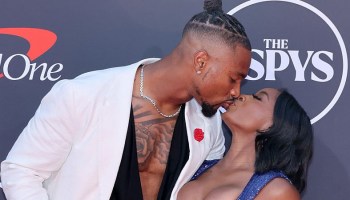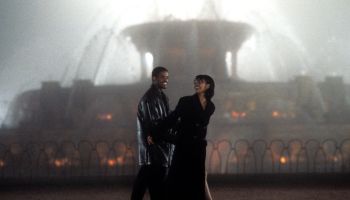Little Known Black History Fact: Jamaican Independence Day
Jamaica gained independence from the United Kingdom on August 6, 1962 after previously being colonized by Spain. By the end of World War II, Jamaica took the slow road to becoming a self-governed nation under the leadership of its first Prime Minister, Alexander Bustamante.
Jamaican nationals were accustomed to the ways of the British, but grew tired of the racism, oppression and lack of a true democratic process. In 1944, adult suffrage was granted to men and women at the age of 21, giving way to the hope for self-governing.
Norman Manley’s People’s National Party and Alexander Bustamante’s Jamaica Labour Party became the dominant political forces as decolonization efforts persisted. Manley and Bustamante were cousins, but remained stiff political rivals to the end. Manley’s PNP pushed socialist views at first while Bustamante’s JLP began to adopt the same views to their advantage.
Power switched hands between the JLP and PNP, but the JLP would prove triumphant in the 1962 elections that April with Bustamante becoming the nation’s first Prime Minister. Jamaica joined the Commonwealth of Nations, a collective of former British-occupied territories. It is still a part of the Commonwealth, with Queen Elizabeth II as its monarch.
Today, the JLP’s Andrew Holness is the nation’s Prime Minister after assuming office in March 2016. Jamaica celebrates Independence Day annually on August 6, replacing the former custom of celebrating on the first Monday of August.
HEAD BACK TO THE BLACKAMERICAWEB.COM HOMEPAGE















